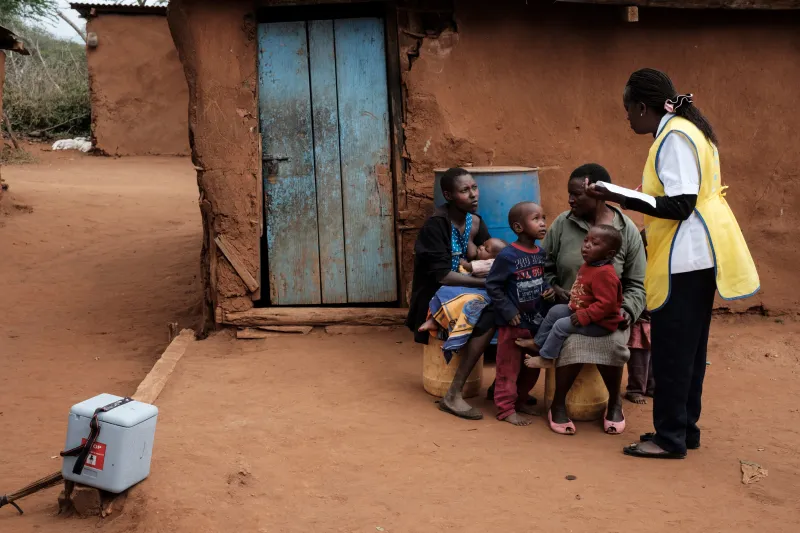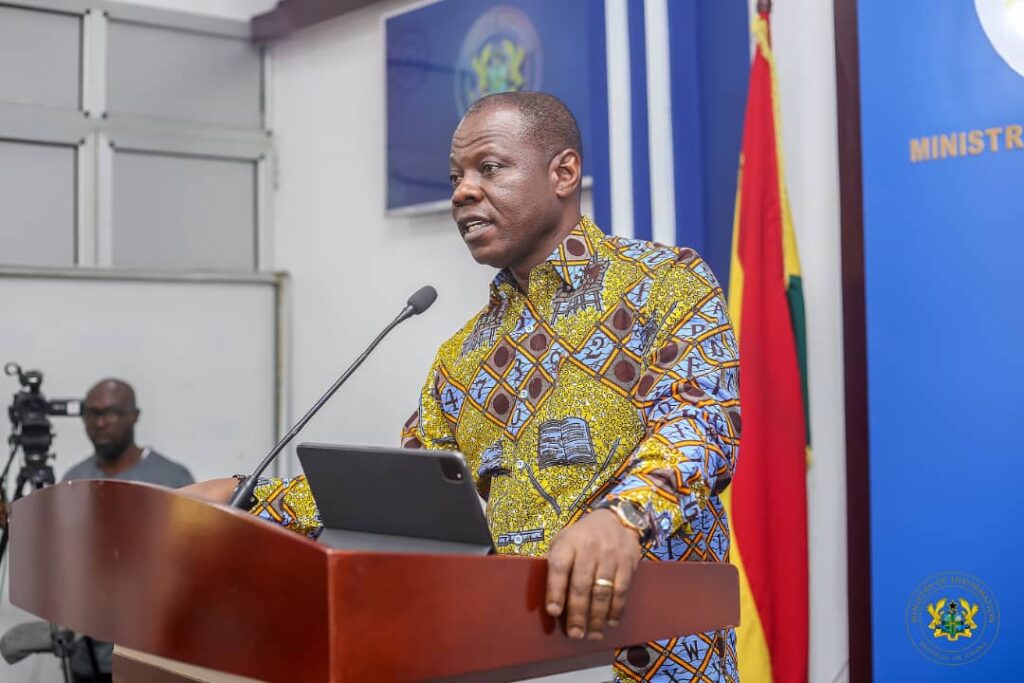A Nationwide Polio Vaccination Campaign has been launched to immunize 6 million children under the age of 5.
Health authorities have announced that the vaccination campaign will take place in two rounds, marking the official launch of the initiative. The need for this polio vaccination campaign arose following the detection of the type two polio virus in September. While no human cases have been reported, health officials stress the urgency of this effort.
Winfred Ofosu, the Eastern Regional Health Director, highlighted that the nation is at a pivotal moment to eliminate the virus from the environment.
“We are at a crucial point in our battle against polio, a disease that has historically instilled fear in families worldwide. Polio is a paralyzing and life-threatening illness that mainly affects children under five, often resulting in lifelong disabilities or even death. For decades, this virus has robbed countless children of their dreams and futures. However, with vaccines, we are closer than ever to eradicating polio for good.”

Dr. Patrick Kumah Aboagye, the Director General of the Ghana Health Service, emphasized that the main objective of launching the new oral polio vaccine is to enhance population immunity and prevent the virus from transmitting from the environment to humans.
“We will conduct the vaccination in two rounds: the first on October 17 and the second in November. Our goal is to halt the virus’s spread from the environment to humans while closing the immunity gap,” he stated.

Dr. Frank John Lule, an officer with the World Health Organization, pointed out that while global polio cases have decreased by 99 percent since 1988, it’s essential not to become complacent in vaccination efforts.
The Eastern Regional Minister, Seth Acheampong, reiterated the government’s commitment to prioritizing the health of its citizens.
“In our quest for a polio-free Ghana, the importance of government involvement at both national and regional levels cannot be overstated. However, our efforts must extend beyond just policies and strategies. We need the active collaboration of everyone present today—parents, health workers, traditional leaders, civil society organizations, and development partners. It is through our collective action that we can ensure no child is left behind in our immunization campaigns and that no community remains vulnerable to polio,” he stated.
The type 2 strain of the polio virus is one of three serotypes that can lead to poliomyelitis, a highly infectious disease. While this strain has been eliminated in most parts of the world due to successful vaccination efforts, it can still reemerge in areas with low vaccination coverage and poor hygiene.
The case detected in Ghana has been traced back to a transit case from Algeria via Koforidua.